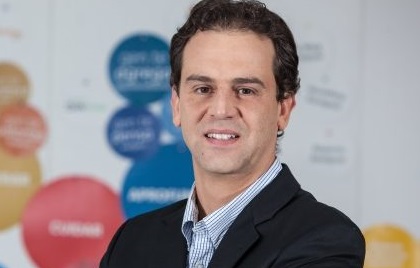
According to the consultancy, spending on wearable tools should reach US$ 42 billion. Of this total, US$ 16.2 billion will be invested in the purchase of watches, bracelets, glasses and other smart equipment - technology that is already a reality in the health and finance segments. In addition, the expressive growth numbers denote a movement similar to what happened with the popularization of mobile a few years ago. But why should HR be aware of this issue?
With the arrival of new generations in the job market and the need for innovative solutions to engage these talents, it is important for the human resources department to be aware of these trends, even though the adoption of this type of tool does not occur immediately.
For example, in companies where many employees work outside the office, wearable devices can further help teams that need to focus their efforts on customer service and visits.
Despite the advantages, many HRs understand that their companies do not have the maturity for this type of solution. But, I believe that everything is a question of evolution of processes and understanding the potential that technology can offer to simplify day-to-day activities.
Recently, the Brazilian people management market started to count on the first self-service solution for Apple Watch, unprecedented in the country, which allows remote dialing and consultation of point data, as well as the visualization of payment receipts, features that are already available. available on the smartphone app. The trend is that applications for wearable technology will increase in the coming years.
Today, there are still organizations that provide consultation services and attendance to employees in person or by telephone, as well as issuing documents still on paper, which takes time for HR and employees, in addition to costing company expenses. But this is a service model that tends to fall out of favor.
It is for all these scenarios that I believe that wearable technology is here to stay. The numbers show us this, and, above all, companies are realizing that it contributes directly to reduce the bureaucracy of activities. It is up to HR to evaluate its processes and understand the next steps necessary to become a modern area and aligned with the future of business.
*Marcello Porto is Director of Products for LG people place. He has a degree in Computer Science from the University of São Paulo (USP), he also has an MBA in Business Management from Fundação Getúlio Vargas (FGV) and a specialization in Business from the University of California (USA). He has more than 20 years of experience in developing solutions for people management, having held various positions at LG in the areas of Development, Sales and Planning. He has participated in several software projects for HR management in large organizations in Brazil.
Disclaimer: The opinion presented in this article is the responsibility of its author and not of ABES - Brazilian Association of Software Companies













